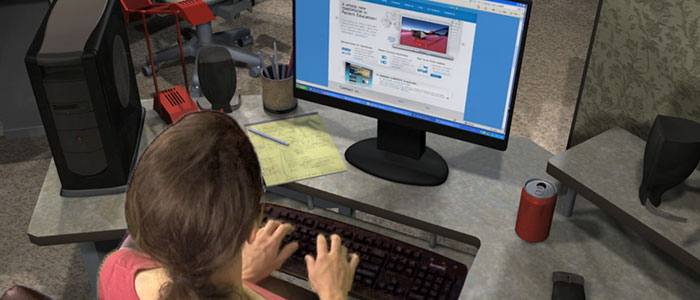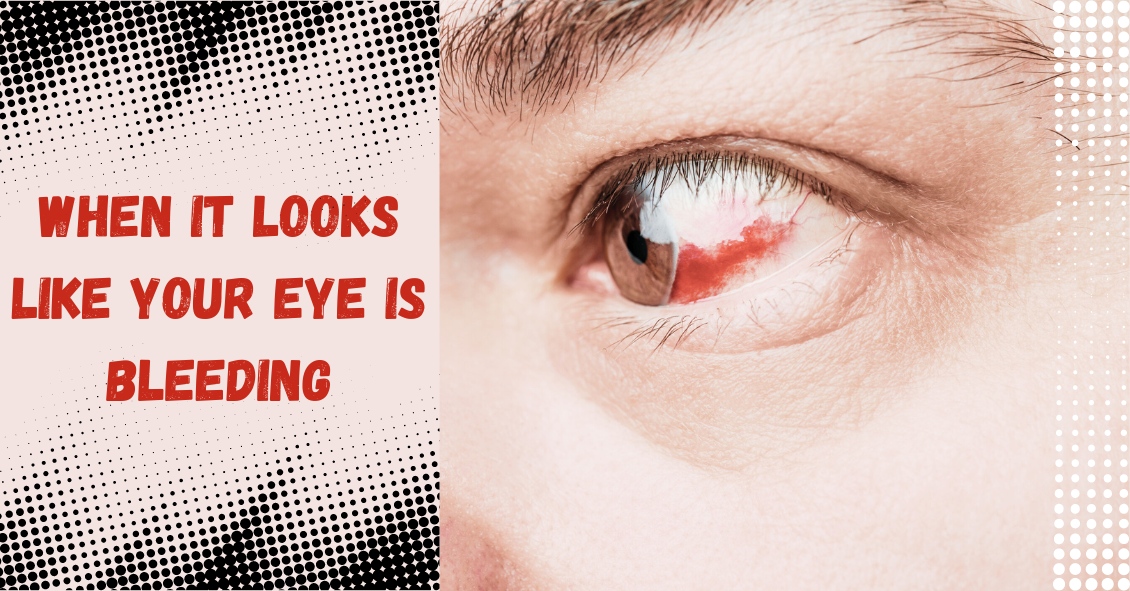
Computer Vision Syndrome, or CVS, is characterized by tired and sore eyes, headaches, neck and shoulder pain and general body fatigue. It is the number 1 complaint in the workplace and affects everyone who works on a computer.
CVS is brought on by the way the computer screen works. An image on the screen is made up of thousands of tiny colored squares called pixels. These pixels are constantly changing in color and brightness which causes your eyes to refocus. This constant refocusing is what causes the systems of computer vision syndrome.
The only sure fire method to prevent CVS is to wear specialty prescribed computer glasses. These can range from specialized multi-focal lenses to single focal lenses used specifically uses while using the computer.
However, you can also combat the effects of CVS simply by setting up your workspace. Place your computer screen approximately 20 to 40 inches away from your eyes, directly in front of you and position it so there is little to no glare on the screen. Make sure the screen height is setup properly so it can be viewed without looking down or slouching in your chair. Finally a desk lamp maybe used to provide more light without increasing glare.
While proper arrangement of your workspace will help reduce the effects of CVS, you should consult your eye care provider to fully prevent CVS.
 We commonly see patients who come in saying that their eyes are bleeding.The patient is usually referring to the white part...
We commonly see patients who come in saying that their eyes are bleeding.The patient is usually referring to the white part...


